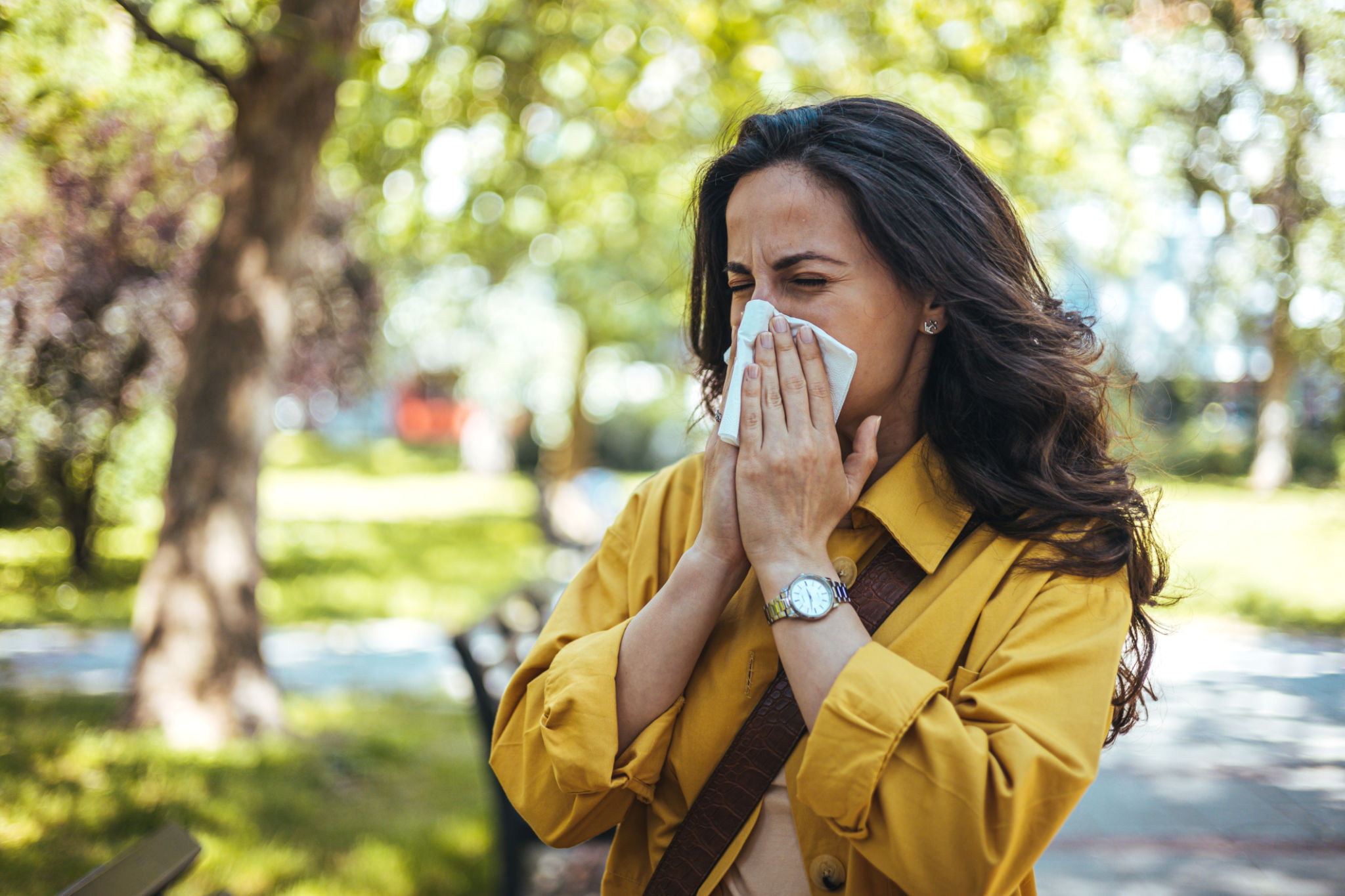Preparing for Seasonal Allergies: Tips from a Wellness Clinic in King of Prussia, PA
Understanding Seasonal Allergies
Seasonal allergies, often referred to as hay fever or allergic rhinitis, affect millions of people each year. These allergies are triggered by airborne substances such as pollen from trees, grasses, and weeds. As the seasons change, particularly from winter to spring and summer to fall, pollen counts can soar, leading to an increase in allergy symptoms.
Common symptoms of seasonal allergies include sneezing, runny or stuffy nose, itchy eyes, and throat irritation. For those living in King of Prussia, PA, the lush landscapes and varying flora mean that allergy sufferers need to be particularly vigilant during peak pollen seasons. Understanding what triggers your allergies is the first step toward effective management.

Consulting with a Wellness Clinic
Visiting a wellness clinic can provide personalized insights into managing seasonal allergies effectively. Wellness clinics often offer comprehensive allergy testing to identify specific triggers. By understanding which allergens affect you, customized treatment plans can be developed to minimize symptoms.
In addition to testing, wellness clinics in King of Prussia can recommend a variety of natural and medical treatments. From dietary adjustments and herbal supplements to prescription medications and immunotherapy, there are numerous options available to help alleviate your discomfort.

Practical Tips for Allergy Management
Managing seasonal allergies involves a combination of avoiding triggers and alleviating symptoms. Here are some practical tips:
- Monitor Pollen Counts: Stay informed about daily pollen levels by checking local weather reports or using mobile apps dedicated to allergy forecasts.
- Limit Outdoor Exposure: On high pollen days, try to stay indoors as much as possible, especially during peak pollen times like mid-morning and early evening.
- Use Air Purifiers: Indoor air quality can greatly impact allergy symptoms. Invest in a high-quality air purifier to keep your home environment clean.
Apart from these steps, consider wearing sunglasses and hats when outdoors to reduce pollen exposure to your eyes and hair. Showering and changing clothes after being outside can also help eliminate lingering allergens.

Dietary Considerations
Your diet can play a role in managing allergy symptoms. Certain foods are known for their anti-inflammatory properties and can help reduce the severity of allergic reactions. Incorporating foods rich in omega-3 fatty acids, such as fish and flaxseeds, or those high in vitamin C, like citrus fruits and leafy greens, can be beneficial.
A wellness clinic may also recommend reducing the intake of foods that could exacerbate inflammation, such as processed foods and those high in sugar. Personalized nutritional advice can be an effective component of your allergy management strategy.
The Role of Hydration
Staying well-hydrated is crucial during allergy season. Drinking plenty of water helps thin mucus secretions, making it easier for your body to flush out allergens. Herbal teas can also provide relief, especially those containing ingredients like ginger or peppermint that soothe respiratory passages.
Consider carrying a reusable water bottle throughout the day as a reminder to stay hydrated. This simple habit can make a significant difference in how your body copes with allergens.

Seeking Professional Help
If over-the-counter remedies and lifestyle changes aren't providing enough relief, it may be time to seek professional help. A visit to a wellness clinic in King of Prussia can offer access to advanced treatments such as allergy shots or prescription medications tailored to your specific needs.
Remember, managing seasonal allergies effectively often requires a multifaceted approach. With the right guidance and strategies, you can enjoy the changing seasons with minimal discomfort.